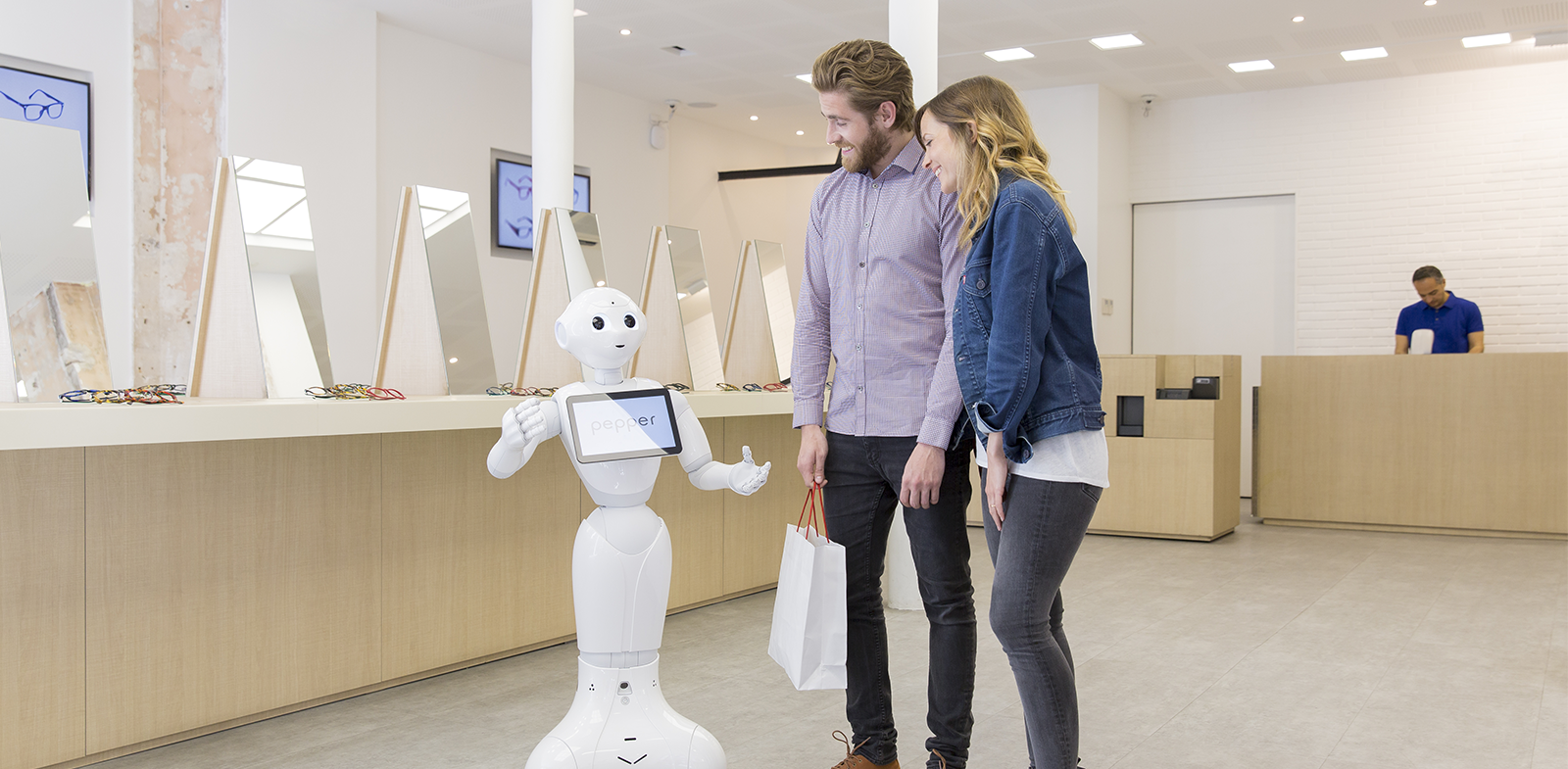The Growing Role of Robotics in Architecture
Jul 14, 2021 By Natalia Galvis
By Evelyn Long
 Photo by Lance Anderson on Unsplash
Photo by Lance Anderson on Unsplash
When it comes to robotics, there are essentially two schools of thought. On the one hand, robotics can be used to further technological advancements across various fields. In contrast, some believe they are here to take over the workforce and digitize all processes a human would typically do.
Wherever someone lands on this issue, it’s crucial to understand that the role of robotics is growing, especially in architecture. It will be more common to see their skills be utilized in the architectural landscape. Here are the trends to keep an eye on and the impact they’re having on the building process.
Benefits of Robotics in Architecture
Rather than view robotics as a force to be reckoned with, it’s more realistic to view them as assistants to the existing architectural procedures being used today. Robotics can improve productivity because they work faster than humans while still maintaining precision and accuracy.
Below are some of the benefits that robotics will bring to the architectural industry.
Intuitive Design Opportunities
When robotics are combined with digital design tools, the opportunities to create astonishing, beautiful architectural feats are limitless. Architects and engineers can work alongside each other during the design process and use robotics to set and achieve their design goals.
3D printing can fall under the robotics category. Making 3D printed models can give architects a useful starting point for their projects. Taking the time to design various structures is no simple task, but robotics can help assist in the process and create stunning designs.
Advanced Site Development
Robots are already used in the construction industry, and it’s clear that their use has only helped finish projects and finish them right. Industry leaders in construction and architecture can put their minds together from conceptualization and production to project execution.
Robotics can make a difference right from the beginning stages of a project Architects need a clear understanding of the challenges a building site presents as they draft their plans for construction and design. This requires research into a site’s topographic data, terrain, and flood level elevation, among other factors.
This is where robotics comes in. Robotic total stations can take site measurements with increased precision and speed, then collect and transmit that data to software tools, where architects will begin working with building information modeling (BIM) systems to create a workable model of the construction site.
Robotics increases the efficiency of land surveying by quickly collecting precise data and then working in tandem with other technologies. Today, architects can work without worrying about the human error that derailed projects with old-school surveying techniques.
Build-in Uninhabitable Environments
NASA has already established itself on Mars by using robotics to collect specimens and complete research. The information gathered from the planet will set the stage for future projects and help scientists learn more about the environment.
Robotics can work without oxygen, something humans could never do. It’s a much safer option to send robots into space, underwater, or into any other dangerous ecosystem where humans could not think of venturing into.
Current Robotics Applications in Architecture
Although the introduction of robots into the architectural field is relatively new, it’s expanding at an unprecedented rate. It’s expected that robotics will become an integral part of the architectural process, including pre-design, analysis, and data gathering.
Here are some other ways robots are being used to accomplish these architectural innovations.
Computational Design
Architects usually need to use computational design rather than design every aspect of a building by hand. It would be highly inefficient to rely on one architect’s abilities to create the massive structures that makeup cities today. Computational design, combined with robotics, allows architects to enhance their plans and create visually appealing structures.
Essentially, combining the two makes the job of an architect quite a bit easier, regardless of the size of the project they’re working on.
Robo-Buildings
A collaboration between BIG and NASA is set to explore building on the moon using 3D printed building materials. It’s called “Project Olympus” and focuses on using robotic construction and materials already on the moon to build livable structures.
This is not only a massive milestone for NASA but also the architecture industry as a whole. Robotics allows researchers, engineers, and scientists to explore unknown terrain and build in places where structures have yet to exist.
Automated Retrieval Systems
Maximizing efficiency in warehouses is vital for the manufacturing industry. Integrating robotic technology into existing automatic retrieval systems makes the process more efficient and seamless, so workers can spend more time accomplishing other tasks.
Institutions like North Carolina State University also use automated retrieval systems in libraries, for instance. Robotics are used to retrieve books and place them in bins, so there’s no need to go searching down aisles anymore.
Robotics can be applied to many different fields across all sectors of the economy. It’s essential to recognize their growing importance in the architectural landscape. And their role will only become more significant as time goes on.
The Role of Robotics in Architecture
Identifying the benefits of robotics and looking at the current applications will better prepare architects and real estate developers to handle incoming construction projects. It will enable them to improve design specifications, reach sustainability goals, and more.
Want to learn more about how Robots can help your business grow?
Ask for a free consultation or learn about other robots and discover all their benefits with multiple industries!
Free Consultation RobotLAB for Business

Author
Evelyn Long is the editor-in-chief of Renovated and a writer with experience covering green technology and construction for publishers like NCCER and BUILD.















.webp?width=124&height=124&name=image%20(1).webp)
.webp?width=169&height=87&name=image%20(2).webp)



































